| |  | | | From Tehran to Dhaka: Oil Decline, Missed Alliances, and Rising Tensions By Ahnaf Kalam ● Oct 15, 2024 Smart Brevity® count: 4.5 mins...1244 words The unsettling news from Tehran's oil fields, the encroaching influence of Hezbollah in the U.S., and the tumultuous allegiance between Bangladesh and Israel all serve as a reminder: we are witnessing a world defined by dangerous denials. The Iranian regime clings to a brittle oil economy as sanctions and mismanagement erode its lifeline, all while it threatens geopolitical stability it can no longer meaningfully influence. Meanwhile, the Palestinian flag—a relic of British wartime scheming—is wielded today as a symbol of defiance, stripped of the inconvenient truths of its origin. We live in an age where the old masks no longer fit, and the cracks are beginning to show. Those still playing by yesterday's rules—be they rogue states or myopic institutions—risk being swept away by the sharp winds of reality. But those who grasp this moment will reshape the future, no matter the cost. | | Iran Admits Its Oil Fields in Decline 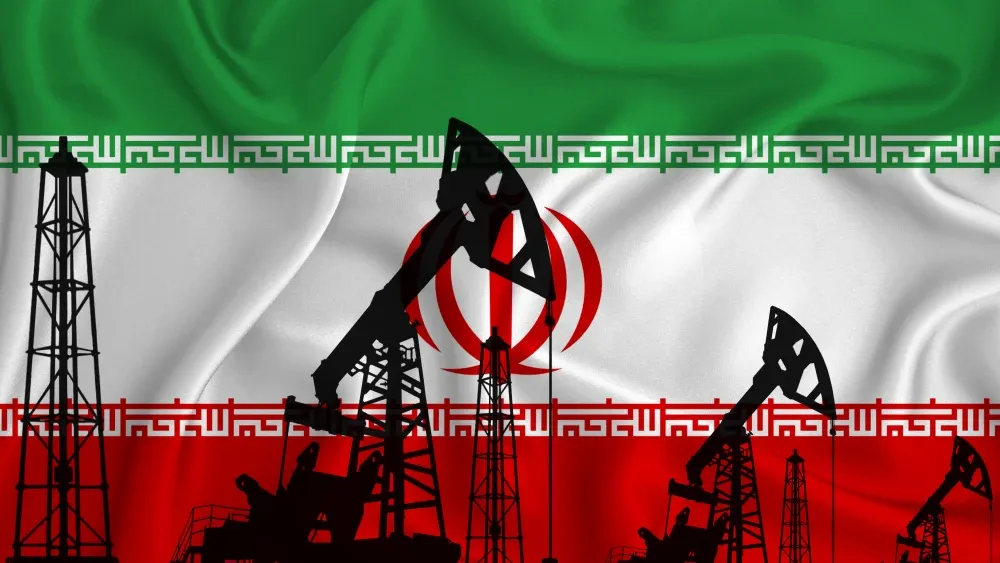 By: Michael Rubin Iran's aging oil fields face significant production challenges due to years of mismanagement and sanctions. Why it matters: Iran's oil industry is crucial for its economy and geopolitical influence, yet declining production threatens its stability. The big picture: Iran is attempting to revitalize its oil production through nanotechnology, aiming to nearly double output in five years, but faces logistical and technological hurdles. What's next: With geopolitical tensions high, particularly involving Israel, strategic vulnerabilities in Iran's oil industry may be targeted, impacting its economic resilience. | | A Nervous Iran Wanted to Restore Old Regional Order, but Israel Is on the Offensive 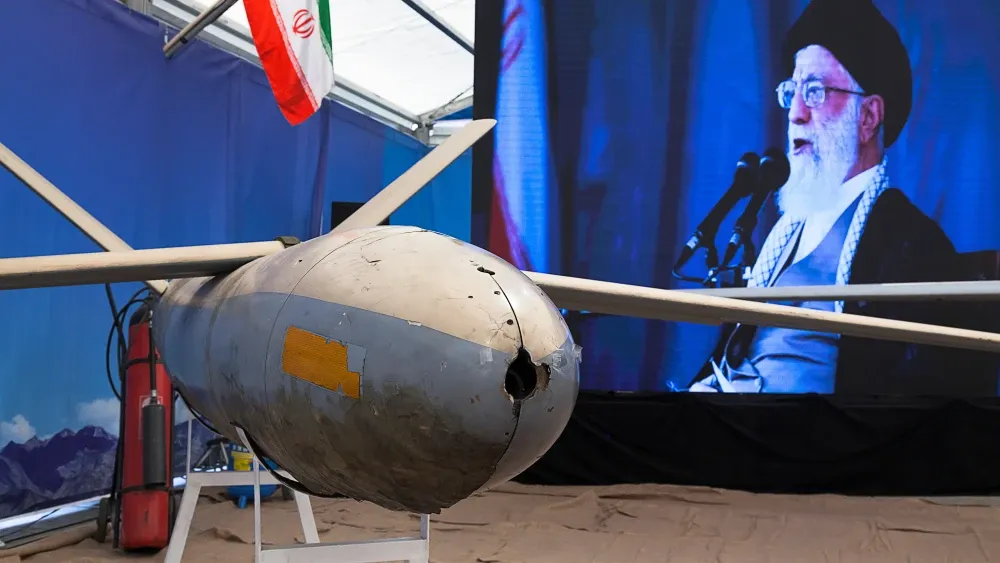 By: Lazar Berman Iran's recent missile attack on Israel may have triggered unintended consequences, escalating tensions in the region. Why it matters: The strike marks a shift in Iran's approach, potentially inviting retaliation and threatening its regional influence. -
Iran's hardliners, aiming to restore power, may now face direct strikes from Israel. -
Israel's response could target Iran's vulnerable oil infrastructure, impacting its economy. A shift in Israeli strategy: Israel is moving from defense to offense against Iran and its proxies, changing the regional power dynamics. Potential repercussions: As Iran faces increased military pressure, its nuclear ambitions and regional alliances may be tested, with global implications. | | The Strange Story of the Palestinian Flag 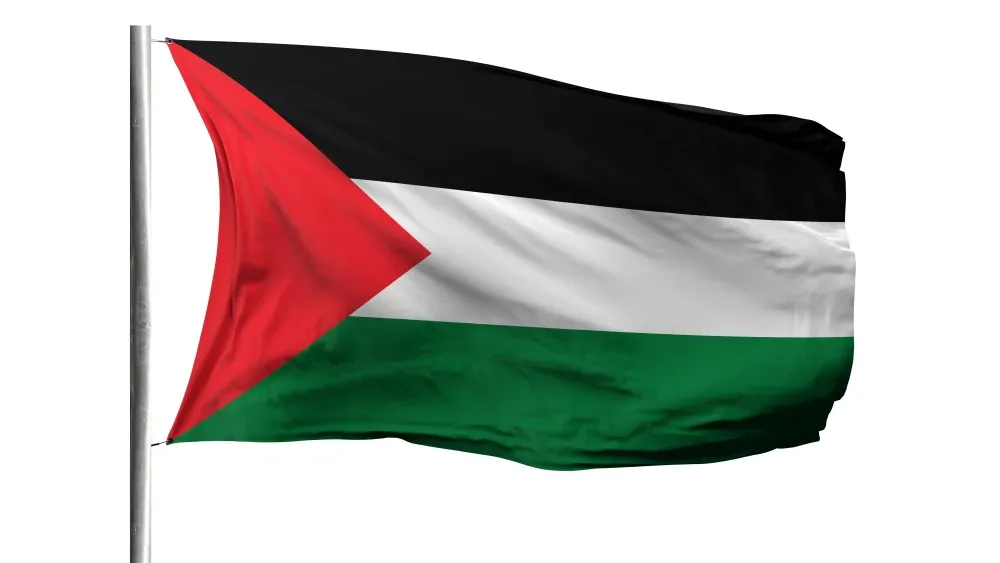 By: Michel Gurfinkiel The Palestinian flag, a symbol of resistance, has a history intertwined with imperialist roots. Why it matters: The flag's origins challenge the narrative of its symbolism, revealing unexpected ties to historical figures and events. -
Designed by Sir Mark Sykes, the flag shares origins with other Arab flags, linked to the 1916 Arab Revolt. -
The flag's colors symbolize early Islamic dynasties, yet its use today may not fully align with its historical context. An imperial creation: The flag was intended for propaganda during WWI, representing Arab autonomy against the Ottomans under British influence. Modern implications: Despite its complex history, the flag remains a powerful emblem in Palestinian and broader Arab nationalist movements. | | Bangladesh's Misplaced Hostility Toward Israel 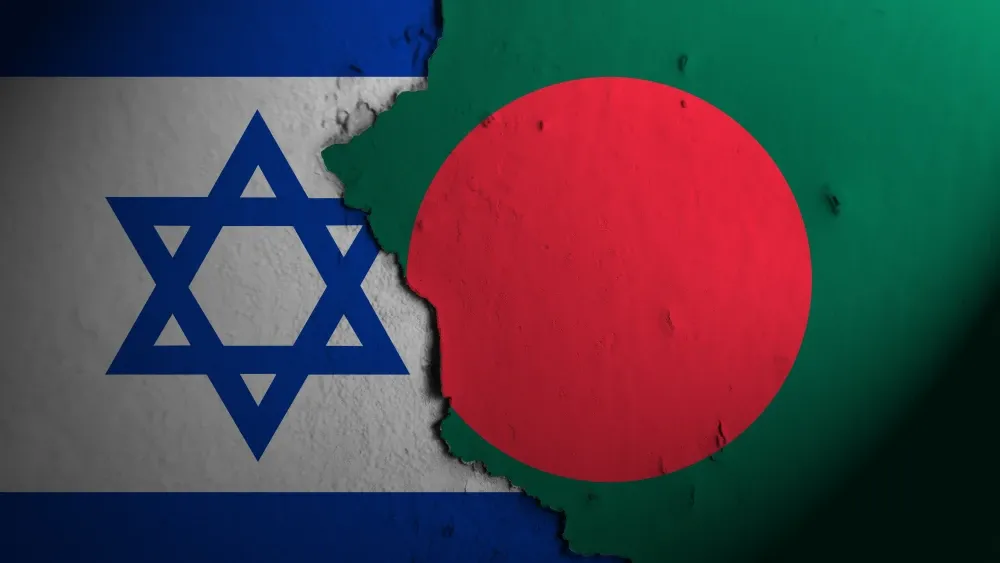 By: Ahnaf Kalam Bangladesh's historical stance against Israel should shift towards collaboration, offering mutual benefits in security and technology. Why it matters: Bangladesh's refusal to engage with Israel hinders potential advancements in counterterrorism, intelligence, and technology. -
Israel's expertise in counterterrorism could help Bangladesh combat radical Islamist threats. -
Collaborating with Israel could bolster Bangladesh's security and development, particularly in technology and agriculture. A shared history: Both nations emerged from the shadows of genocide and face threats from radical Islamists, presenting common grounds for collaboration. Strategic opportunities: Bangladesh could benefit from Israel's security and intelligence apparatus and its technological innovations, especially in water management and renewable energy, to address its climate vulnerabilities. | | Influential U.K. NGO Head, Majed Al-Zeer, Finally Designated by U.S. for Links to Hamas 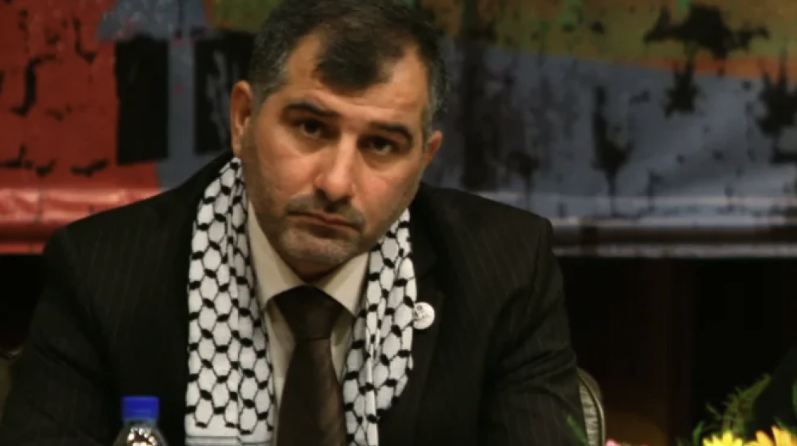 By: Anna Stanley The U.S. has officially designated Majed Al-Zeer as a global terrorist for his connections to Hamas, raising questions about his influence in Europe. Why it matters: Al-Zeer's designation highlights ongoing concerns over his alleged ties to Hamas and the operations of Islamist networks in Europe. -
Al-Zeer has been linked to the Palestinian Return Centre, accused of functioning as a front for Hamas activities. -
Despite previous warnings, European governments have largely allowed Al-Zeer's network to operate without significant intervention. The European connection: Al-Zeer's influence extends across Western Europe, with ties to NGOs and activities in Germany and the U.K., illustrating the complex web of Islamist operations. Implications for policy: This designation may prompt a reevaluation of how European countries address individuals and organizations linked to terrorist groups. | | Turkey Falsely Labels Exiled Journalists as Criminals in Attempt to Deny Financial Services 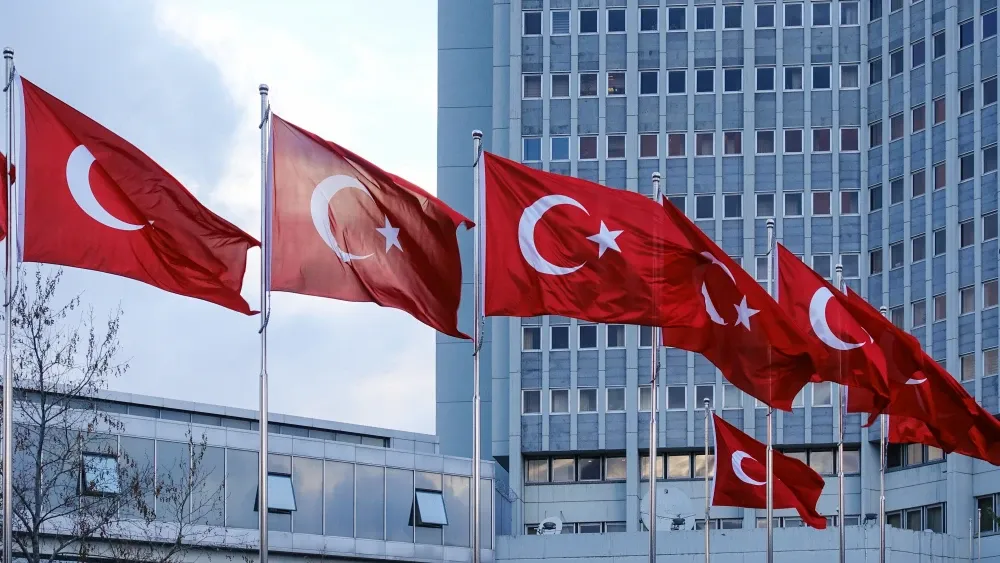 By: Abdullah Bozkurt Turkey's government is accused of misusing international financial systems to target exiled journalists, labeling them as criminals. Why it matters: This tactic aims to freeze assets and deny banking access, further silencing dissent and suppressing free journalism. -
Exiled journalists are falsely listed alongside terrorists, pressuring banks to restrict their financial services. -
The strategy seeks to intimidate journalists into silence and erode their credibility internationally. A broader pattern: This is part of Turkey's ongoing efforts to stifle opposition, using financial systems as a tool for repression. Calls for accountability: There is growing demand for global scrutiny and safeguards to protect journalists from such authoritarian practices. | | Whose Side Are They On? Shiites in Michigan Promote Hezbollah Talking Points after Beeper Attack 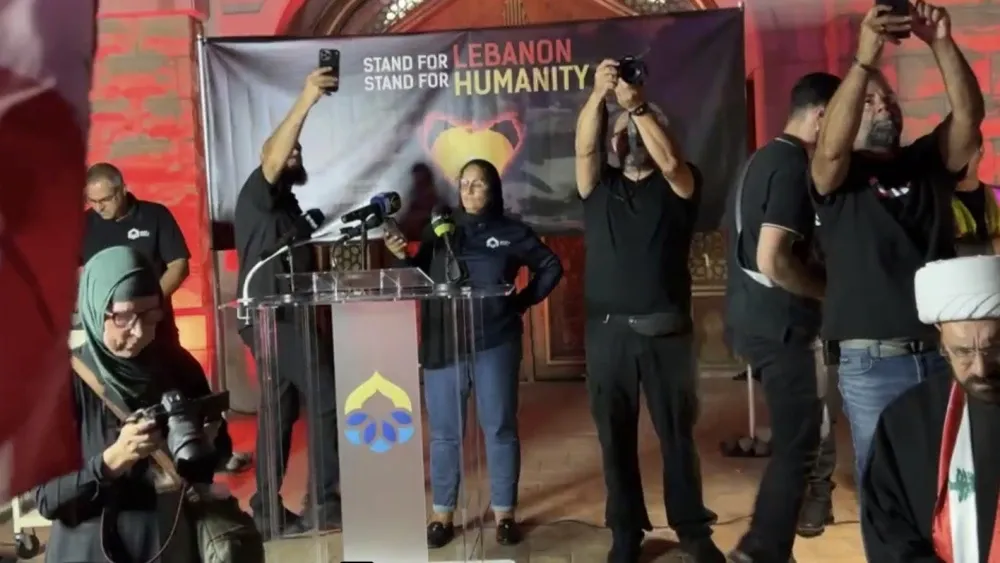 By: John Rossomando A Michigan mosque's promotion of Hezbollah narratives highlights ongoing concerns about the group's reach in the U.S. Why it matters: Hezbollah's influence in American communities poses potential security risks and challenges to counterterrorism efforts. -
The Islamic Center of America in Dearborn has been criticized for aligning with Hezbollah talking points after recent Israeli military actions. -
Exiled Lebanese figures and experts express alarm over Hezbollah's propaganda and potential recruitment in the U.S. Community impact: The situation underscores the broader issue of extremist ideologies gaining traction among diaspora communities. Policy implications: There is an urgent need for vigilance and policy measures to counteract Hezbollah's influence and ensure community safety. | | The Push for Sovereign Kurdistan in the Post-October 7 Era 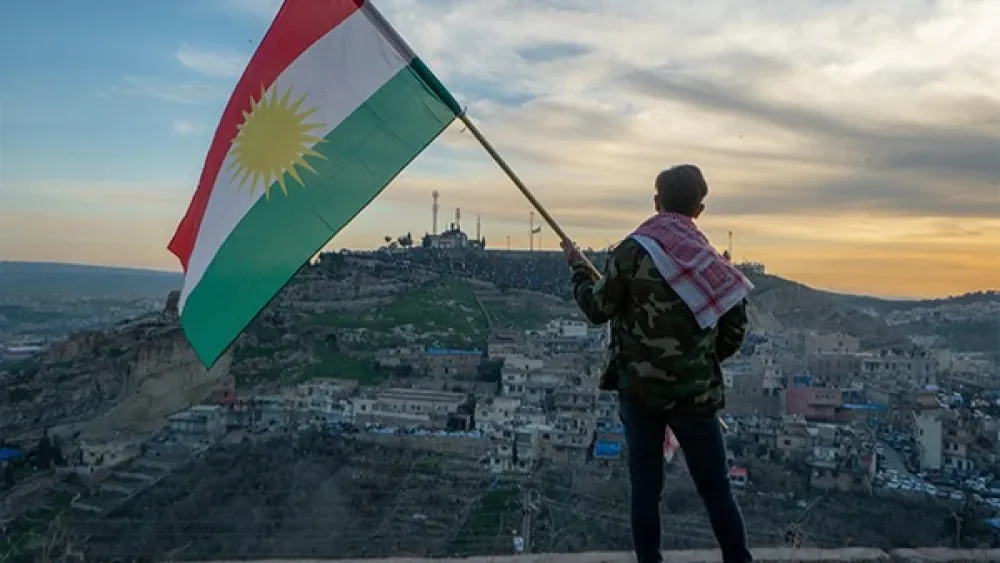 By: Loqman Radpey The push for an independent Kurdistan gains momentum as a potential stabilizing force in the Middle East. Why it matters: A sovereign Kurdistan could serve as a bulwark against authoritarian regimes and promote democratic values in a turbulent region. -
Kurdish independence has been stymied by historical treaties and regional opposition, yet the Kurds have consistently championed democratic principles. -
With established autonomous regions in Iraq and Syria, Kurdistan is poised to be a model of liberal governance and peaceful coexistence. A strategic necessity: In a region rife with sectarianism and autocracy, Kurdistan's independence is crucial for sustainable peace and stability. Western perspectives: Policymakers are urged to reconsider the strategic benefits of supporting a progressive Kurdish state, which aligns with shared interests of peace and cooperation. | | As Iran grapples with the decay of its oil lifelines and regional powers redraw the lines of engagement, one truth becomes unmistakable: reality cannot be deferred indefinitely. Whether it's Israel shifting from defense to offense, Kurdish aspirations emerging as a stabilizing force, or Turkey's authoritarian grip tightening on dissent, the choices nations make now will echo far beyond their borders. In a world where delusions of permanence crumble, those who confront the truth—no matter how uncomfortable—will emerge stronger. The rest will find themselves trapped, outpaced by the forces they once sought to manipulate, staring into the abyss they helped create. Stay tuned for the next edition of the Dispatch for further updates.
Sincerely,
Ahnaf Kalam
Digital Media Specialist
Middle East Forum | | | | Feedback Please share your thoughts on this edition. Was this edition useful?  

Your responses are anonymous |        MEF, an activist think tank, deals with the Middle East, Islamism, U.S. foreign policy, and related topics, urging bold measures to protect Americans and their allies. Pursuing its goals via intellectual and operational means, the Forum recurrently has policy ideas adopted by the U.S. government.
Copyright © 2024 Middle East Forum, All rights reserved.
Our mailing address is:
Middle East Forum
1650 Market Street, Suite 3600
Philadelphia, PA 19103 | | | | | Powered by 
| | This email was sent by Middle East Forum via Axios HQ | | | |
0 коммент.:
Отправить комментарий